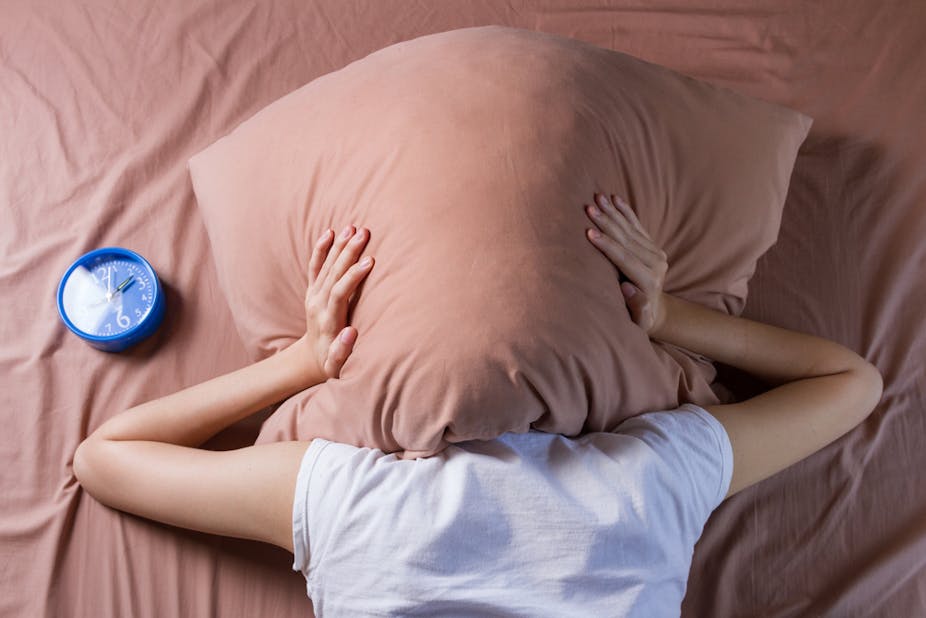In people with progressive lung disease, poor or disturbed sleep may have a higher impact than smoking history, according to research from the University of California, San Francisco (UCSF).
According to the study, a COPD patient’s likelihood of experiencing a flare-up can rise by up to 95% compared to people who receive enough sleep. These flare-ups, which are characterised by increased dyspnea and coughing, could ultimately lead to irreversible lung damage, accelerate the progression of the condition, and raise mortality.
The journal SLEEP reported the study’s findings. These may help to partially explain why African American patients with COPD frequently fare worse than white patients, according to lead author Aaron Baugh, MD, a clinical resident at the UCSF Division of Pulmonary, Critical Care, Allergy and Sleep Medicine and the Cardiovascular Research Institute.

“African Americans are disproportionately found in low-income areas, where sleeping well is less common. They might work a job with a variable schedule that makes sleep difficult, or they might live in cramped quarters with multiple roommates and less comfortable sleeping arrangements, like a couch. According to research, sleep deprivation is linked to a decline in infection-fighting antibodies and protective cytokines.
The researchers monitored 1,647 patients with proven COPD who were recruited in the nationwide, multi-center SPIROMICS study, which was established to track disease progression and assess treatment efficacy. The researchers examined the occurrence of flare-ups—defined as a temporary exacerbation of symptoms that need treatment—with self-reported information on sleep quality across a three-year period.
Poor Sleep Raises Risk of Flare-Ups From 25% to 95%
The individuals’ average age and disease stage at the beginning of the trial were 65 and moderate, respectively. Male participants made up 57% of the participants, who were 80% white and 14% African American. All had undergone at least one sleep evaluation prior to inclusion and were current or past smokers. The likelihood of a flare-up during the following year was found to be 25% higher for participants with bad sleep at the base level compared to those with ideal sleep, and to be over 95% higher for participants with the worst sleep. According to Baugh, this could have a more noticeable effect than smoking’s effects over a 40-year period as opposed to a 60-year one. As expected, more African Americans reported poor sleep than did white participants: 63% versus 52%.
Poor sleep may become even more significant when African Americans’ social position improves, according to Baugh, even though elements like respiratory dangers or health insurance coverage may play significant roles in the severity of the disease. “This might result in a kind of paradox; by lowering one risk factor, a new risk factor, such as insufficient sleep, may replace it.”
Neeta Thakur, MD, a pulmonologist and senior author from the UCSF School of Medicine, claimed that when doctors examine patients with COPD, they frequently ignore inquiries concerning sleep. She claimed that good sleeping habits and sleep aids might greatly enhance their health. Sleep should be taken into account both in the clinic and at the larger community/neighborhood level, where the structural problems that lead to poorer sleep can be addressed.
Reference: “Risk of COPD exacerbation is increased by poor sleep quality and modified by social adversity” by Aaron Baugh, Russell G Buhr, Pedro Quibrera, Igor Barjaktarevic, R Graham Barr, Russell Bowler, Meilan King Han, Joel D Kaufman, Abigail L Koch, Jerry Krishnan, Wassim Labaki, Fernando J Martinez, Takudzwa Mkorombindo, Andrew Namen, Victor Ortega, Robert Paine, Stephen P Peters, Helena Schotland, Krishna Sundar, Michelle R Zeidler, Nadia N Hansel, Prescott G Woodruff and Neeta Thakur, 6 June 2022, SLEEP.
DOI: 10.1093/sleep/zsac107
You may like to read:
DNA contained in honey reveals honeybee health
Researchers demonstrate organic crystals can serve as energy converters for emerging technologies


